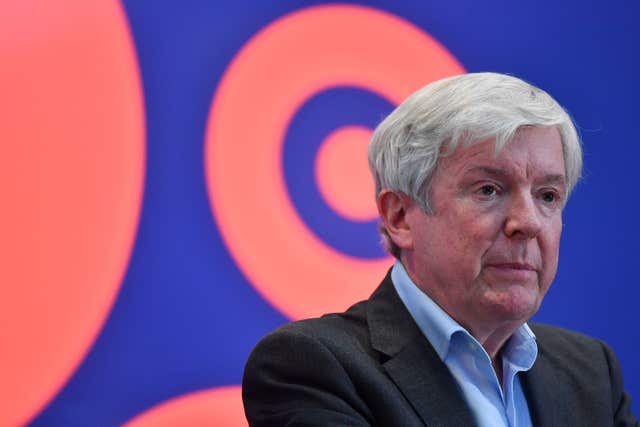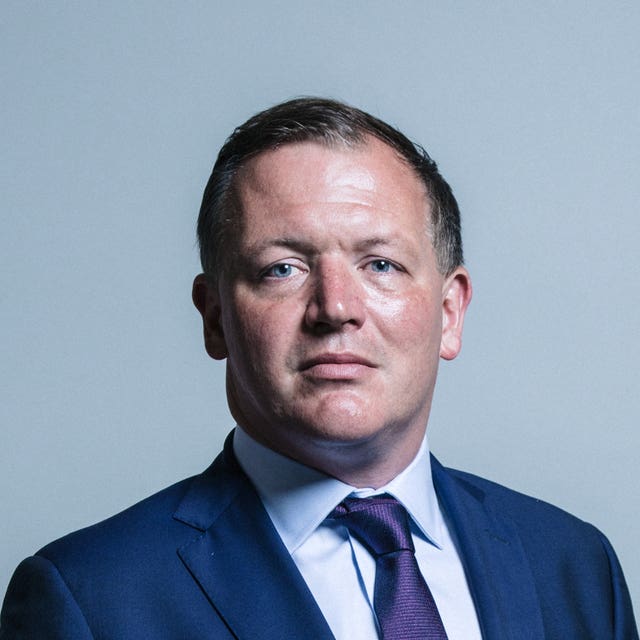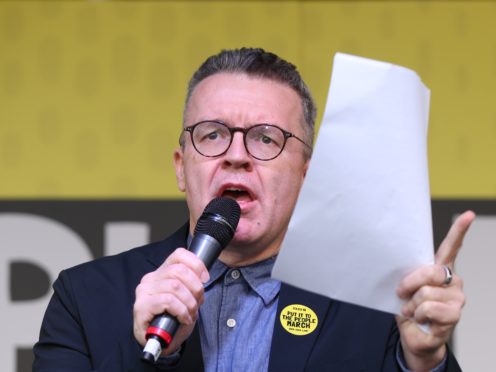The Government has been condemned following the BBC’s decision to means-test licence fees for the elderly.
The broadcaster was set to take on the financial burden of providing free licences for over 75s from government in 2020.
After a review, the concession will now be available only to households receiving pension credit, a move which has been followed by a furious response.
Only around 1.5 million households will be eligible under the new scheme, sparking anger from MPs and campaigners.

The deputy leader of the Labour Party Tom Watson has branded the burden placed on pensioners an “outrage”, and activists for the elderly have warned that the move will directly impact the “sick and disabled”.
The Government has been criticised for forcing the financial burden onto the BBC, which was unable to cope with the added cost.
The corporation has been accused of doing the Government’s cost-cutting “dirty work”.
Mr Watson said: “It is an outrage that this Government is overseeing the scrapping of free TV licences for three million older people, leaving a Tory manifesto promise in tatters.
“I challenge all Tory leadership candidates to honour the commitment they made in 2017. You cannot means test for social isolation.
“You cannot means test for loneliness. Millions of elderly and isolated people will lose because of this announcement.”

Caroline Abrahams, Age UK’s charity director, said: “Make no mistake, if this scheme goes ahead we are going to see sick and disabled people in their eighties and nineties who are completely dependent on their cherished TV for companionship and news, forced to give it up.
“The BBC’s decision will cause those affected enormous anxiety and distress, and some anger too, but in the end this is the Government’s fault, not the BBC’s.”
As part of the charter agreement which came into affect in 2017, the BBC would take on the burden of paying for free licence fees by June 2020.
From that date, following a review by the broadcaster, only households with someone aged over 75 who receives pension credit will be eligible for a free TV licence funded by the BBC. Around 3.7 million pensioners will lose out, it is thought.
The new scheme will cost the BBC around £250 million by 2021/22 depending on the take-up of the new scheme.
Means-testing may sound fair but in reality it means at least 650,000 of our poorest pensioners facing a big new annual bill they simply can’t afford. Sign our petition now: https://t.co/pC013YGk6j pic.twitter.com/5iR1HBzlH3
— Age UK (@age_uk) June 10, 2019
The broadcaster has said that if it bore the full financial burden of the free licences, the extra cost would have meant “unprecedented closures”.
This would have meant the closures of BBC Two, BBC Four, the BBC News Channel, the BBC Scotland channel, Radio 5live, and a number of local radio stations, as well as other cuts and reductions.
The National Union of Journalists (NUJ) has branded the decision to means-test licence fees “a wrongheaded act of sabotage by a government”, and urged the Government to take back responsibility for financing the benefit.
Michelle Stanistreet, NUJ general secretary, said: “Journalists and programme makers have borne the brunt of cuts at the BBC for many years and have simply had enough of the BBC being victim to political grandstanding.”
The National Pensioners Convention (NPC) has also turned on the Government following the announcement, and condemned the BBC for attempting to frame the move as fair.
General secretary of the NPC Jan Shortt said: “There is no doubt that the BBC has done the Government’s dirty work for it.
“Pensioner poverty is now increasing, loneliness is reaching crisis levels among older people and the BBC has the bare-faced cheek to call this fair. It’s an absolute disgrace.”
GMB general secretary Tim Roache said: “The scrapping of free TV licences for over-75s is outrageous and unfair.
“The BBC’s decision is regrettable but the Conservative Government gave them little choice by shifting the burden and reducing their funding.
“The Tories clearly don’t value pensioners – they’ve palmed off the responsibility free TV licences and snatched away the cash.
“They vowed at the 2017 election to keep this policy in place – but they’ve shown once again why you can’t trust the Tories.”

Conservative Damian Collins, chairman of the Digital Culture Media and Sport Select Committee, said: “The ending of historically free TV licences for all those over 75, regardless of income, will mark a significant departure for the BBC and nearly four million pensioners who don’t pay for it.
“We at the DCMS Committee will continue to monitor the BBC, and in particular the impact that this cost will have on the BBC’s future and its programming.
“The select committee intends to question the chairman and director-general of the BBC about the results of its consultation and the impact this will have on viewers and listeners.”
